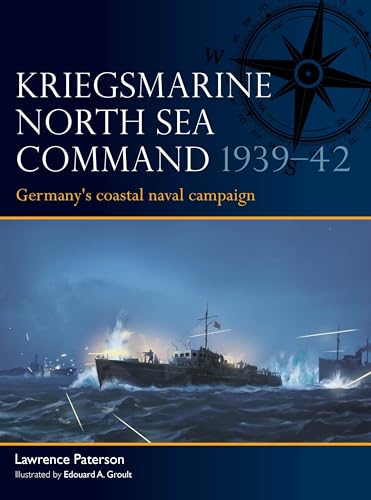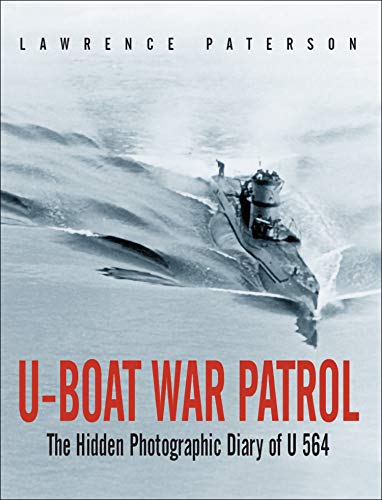
The Cruise of the German Raider Atlantis
by Joseph P. Slavick
Popularity
3.84 / 5
* A book's popularity is determined by how it compares to all other books on this website.
Where to buy?
Buy from Amazon* If you buy this book through the link above, we may receive a small commission at no extra cost to you.
The Cruise of the German Raider Atlantis by Joseph P. Slavick
Details
War:
World War II
Military Unit:
Kriegsmarine
True Story:
Yes
Biography:
No
Region:
Pacific
Page Count:
296
Published Date:
2003
ISBN13:
9781557505378
Description
Brief Summary
The Cruise of the German Raider Atlantis by Joseph P. Slavick provides an in-depth account of the German warship Atlantis as it navigated the waters during World War II. Disguised as a merchant vessel, this ship embarked on a 655-day campaign that involved capturing or sinking 22 merchant ships. The book also explores how the Atlantis broke enemy codes and gathered crucial intelligence from the British, showcasing its strategic impact during the war.
Main Themes and Topics
The book delves into themes of naval warfare and espionage during World War II, focusing on the strategies employed by the German forces. It highlights the ingenuity of disguise and subterfuge, as the Atlantis masqueraded as a merchant vessel to surprise its enemies. Another significant theme is the impact of intelligence and code-breaking on wartime strategy, illustrating how crucial information was obtained and used effectively by the German navy.
Writing Style and Tone
Joseph P. Slavick, with his background as a captain in the US Air Force, brings a disciplined and detailed approach to his writing. The narrative style is straightforward and rich in naval terminology, likely appealing to readers with an interest in military history. Slavick's tone carries a sense of admiration for the tactical prowess of the Atlantis, while maintaining objectivity in recounting the events.
Criticism
Some readers may find the book's detailed technical descriptions and focus on military strategy to be dense and challenging, potentially making it less accessible to those without a background or strong interest in naval warfare. Additionally, the book's objectivity might be interpreted by some as a lack of emotional depth, given the wartime context it covers.









